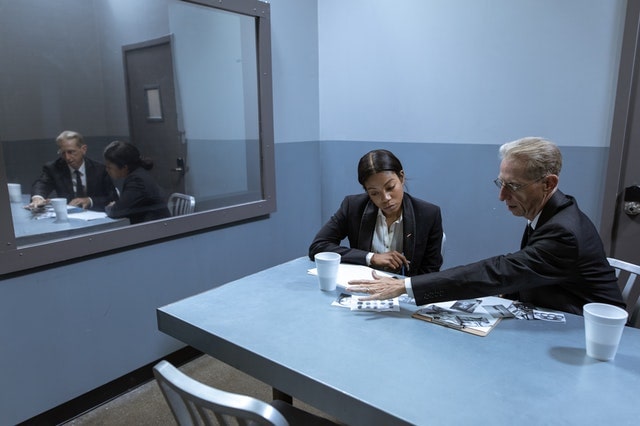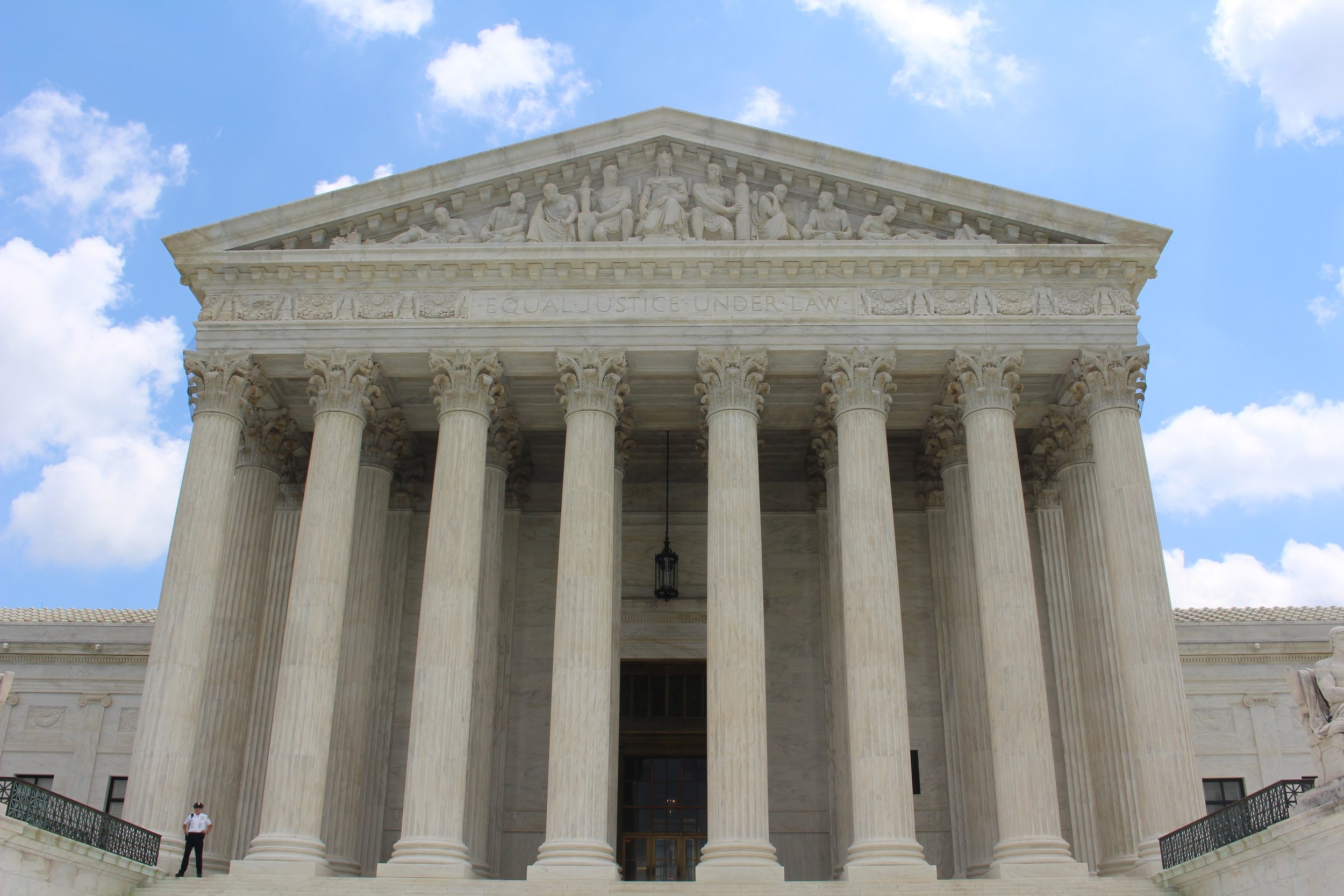Lawyer's Duty in Declaring a Habeas Corpus Application Explained
Lawyer's Duty in Declaring a Habeas Corpus Application Explained
Blog Article
Recognizing the Role of a Post-Conviction Lawyer in Seeking Justice After a Criminal Conviction
In the complicated landscape of post-conviction lawful procedures, the role of a post-conviction lawyer is critical in navigating the course to justice after a criminal conviction - wyoming federal habeas corpus lawyers. As the pursuit of justice prolongs beyond the boundaries of initial procedures, the function of a post-conviction legal representative arises as a sign of hope for those seeking to remedy oppressions and redeem their civil liberties within the legal system.
Post-Conviction Lawyer's Investigative Job
Post-conviction attorneys participate in precise investigative work to discover new evidence, procedural mistakes, or transgression that could potentially lead to overturning a sentence. This investigatory phase is critical in the post-conviction process as it intends to determine any forgotten details or lawful mistakes that may have affected the outcome of the first trial. Post-conviction lawyers look into situation documents, witness statements, and lawful paperwork with a fine-tooth comb, looking for any type of discrepancies or abnormalities that could be grounds for allure.
With comprehensive examination, post-conviction lawyers intend to shed light on prospective injustices that may have taken place during the initial trial. They might conduct meetings, speak with professionals, and testimonial forensic evidence to develop a compelling situation for their customers. By scrutinizing every facet of the legal procedures, post-conviction lawyers work relentlessly to reveal any type of variables that may have influenced the judgment. Ultimately, their investigative job plays a crucial role in the quest of justice and the possible reversal of wrongful convictions.
Crafting Appeals and Petitions
In the quest of justice after a sentence, experienced attorneys thoroughly craft charms and applications to present compelling debates for the reconsideration of lawful choices. Crafting appeals and petitions requires a deep understanding of the legal system, interest to detail, and strategic thinking. Post-conviction lawyers analyze trial documents, recognize possible mistakes or offenses of legal rights, and establish legal disagreements to challenge the conviction or sentence.
When crafting an appeal, lawyers concentrate on highlighting legal errors that might have influenced the end result of the instance. They look into instance legislation, statutes, and legal precedents to support their debates. Applications, on the various other hand, may include presenting new evidence that was not available throughout the test or showing modifications in the legislation that require a review of the conviction.
In addition, post-conviction lawyers need to comply with stringent procedural policies and deadlines when filing charms and applications. They should offer their disagreements clearly and persuasively to convince the court to provide relief to their clients. With precise crafting of allures and requests, post-conviction lawyers make every effort to secure justice for people who have actually been wrongfully convicted or unjustly sentenced.

Seeking Post-Conviction Relief
Post-conviction alleviation encompasses an array of lawful devices made to test the credibility of a conviction or sentence. Post-conviction lawyers play an essential duty in browsing these complex procedures, guaranteeing that all legal options are explored to remedy oppressions that might have happened throughout the test or sentencing stage.
One typical kind of post-conviction relief is filing a request for post-conviction alleviation, normally based on cases of ineffective help of advise, prosecutorial misconduct, recently uncovered proof, or constitutional infractions. Experienced post-conviction legal representatives have the skills and understanding essential to determine sensible legal claims, perform examinations, and present compelling arguments to safeguard alleviation for their customers.
Using Forensic Evidence
When testing a conviction or sentence, the tactical usage of forensic proof can be a powerful device in post-conviction legal procedures. Forensic evidence includes a large range of scientific methods made use of to check out criminal offenses and establish realities in court. Post-conviction legal representatives can leverage forensic proof to test the legitimacy of convictions by presenting new clinical findings that were not available throughout the initial trial.

Engaging in Sentence Modifications
Post-conviction lawyers may check out the possibility of sentence adjustments as a legal opportunity to attend to out of proportion or unjustified sentences passed on in criminal cases. Sentence modifications involve looking for changes to the terms of a defendant's sentence after a conviction has happened. These modifications can consist of lowering the size of a sentence, altering the kind of penalty imposed, or exploring alternate sentencing choices.
Post-conviction lawyers can seek sentence alterations through various lawful mechanisms, such as filing motions for sentence decrease, appealing for thoughtful launch, or discussing appeal bargains for lowered sentences. They must thoroughly examine the conditions of the case, examine the legal grounds for looking for a modification, and present compelling arguments to the court sustaining the requirement for a modified sentence.
Involving in sentence adjustments calls for a comprehensive understanding of criminal legislation, punishing guidelines, and the particular procedures entailed in looking for post-conviction alleviation. Post-conviction attorneys play a critical function in advocating for fair and just results by tough sentences that are unduly harsh or do not straighten with the concepts of justice.
Final Thought
Finally, the duty of a post-conviction attorney is important in looking for justice after a criminal conviction. Through investigatory job, crafting charms and applications, going after post-conviction alleviation, using forensic evidence, and participating in sentence modifications, these attorneys play an essential function in supporting for their clients and guaranteeing that their civil liberties are promoted within the criminal justice system. Their commitment and experience are crucial in navigating the intricacies of post-conviction procedures and attaining a reasonable outcome our website for people encountering criminal convictions.
Report this page